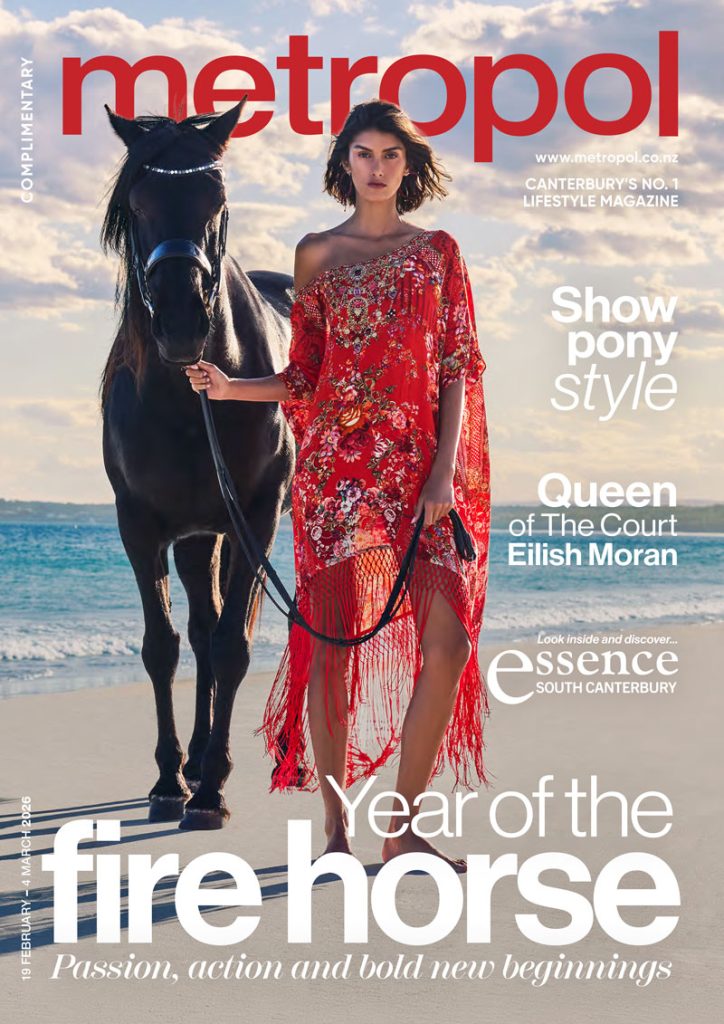Slip, slop, slap, and map
A classic Kiwi summer involves good fun, good food and good company, a lot of this taking place under the sun.
More often than not, we forget to apply or reapply enough sunscreen to reduce our chance of melanoma. If this is something you are guilty of, mole mapping is the best thing to add to your list of annual check-ups.
In New Zealand, we have the highest rate of melanoma in the world. Our slice of paradise comes with an unconscious responsibility to take care of our skin and encourage those around us to, too. More than 6000 Kiwis are diagnosed each year, with melanoma being the third most common cancer in the country. More than 300 of those annual diagnoses will prove fatal.
The numbers say it all, we need to get better at looking after our skin in the sun. That guilty feeling lingers in all of us when we come back inside after a long day at the beach or in the garden and wonder how burnt we might be, or if we applied enough sunscreen to stay safe. Instead of succumbing to the guilt, book in a skin check with your nearest provider, whether that be a mole map with a dermatologist or your general practitioner.
While mole mapping can seem insignificant, it has continuously proven to many Kiwis to be the integral step in finding, and curing melanoma early. Mole mapping requires trained melanographers and dermatologists to examine the structure of a mole, while high-technology photography is used to further determine the risk.
By securing an annual mole map or skin check-up, melanomas can be detected and treated swiftly. Early detection has shown to produce an almost perfect survival rate, so regular self and specialist checks can be the difference to see you through to next summer without a scare.
Mole mapping by specialist provides multiple sets of eyes to your moles, especially for those places we think will be fine, like the back and neck. It’s time to drop our “she’ll be right” attitude and understand the risk of skin cancer.
Metropol’s top tips for prevention and early detection:
– Be familiar with your body: check your skin regularly for any abnormalities in colour, shape, or size and book in with a specialist if you see something unusual
– Think in threes when heading out into the sunshine: sunscreen, sunglasses, shade
– Know your risk. You can assess your personal melanoma risk via Australia’s Risk Prediction Tools.
Visit www.melanomarisk.org.au




